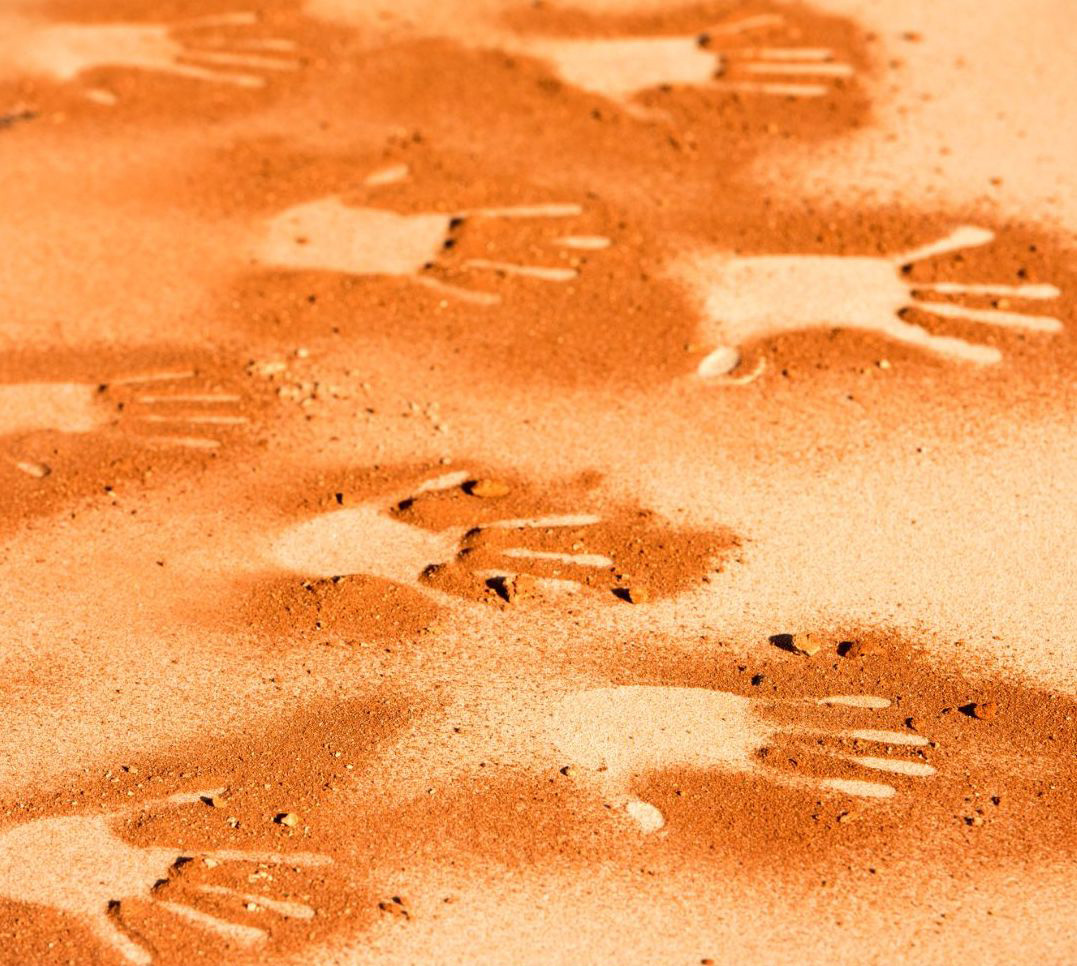Featured in

- Published 20250204
- ISBN: 978-1-923213-04-3
- Extent: 196 pp
- Paperback, ebook. PDF


Already a subscriber? Sign in here
If you are an educator or student wishing to access content for study purposes please contact us at griffithreview@griffith.edu.au
Share article
More from author

Maiden, mother, monster
My son worries that a monster will come at night. This is a new concern of his, and I try not to connect it to his father’s absence. As I tuck him in, I tell him not to worry because the truth is monsters are very scared of mothers and won’t come anywhere near me. I’m too terrifying, I tell him, making him laugh. And cats too, I add, as ours curls at the foot of the bed, watching us. My son closes his eyes.
More from this edition

Songs of the underclasses
Non-fictionDiē was the best driver I knew. ‘When you drive, you stare at everything but see nothing. You’re inexperienced,’ he lectured. ‘When I drive, I stare at nothing – I can chat, I can sing. But I see everything. Parking spaces, jaywalkers with a death wish, doggies and kitties. And for hours at time, without breaking concentration. It’s like meditation.’ Diē’s love language included showing me footage of near-miss traffic incidents on WeChat. Each trip of ours decreased my risk of appearing in his feed. These hours became the most time we had ever spent together.

Home as a weapon of cultural destruction
Non-fictionIt was simply expected that Aboriginal people would accept the values and behaviour of the dominant European culture. The Welfare Board insisted that Aboriginal people not only earn an independent living but show the Board they could save money in a bank account. They had to demonstrate that they were avoiding contact with other Aboriginal people and refusing to participate in community-oriented activities, such as sharing resources with kinsfolk and travelling to visit their relatives and home Country. Over and over again, the Board’s reports criticised Aboriginal people for being among their own kind and clinging together in groups. To achieve their assimilation aims, the Welfare Board implemented a crude ‘carrot and stick’ incentive in an attempt to modify Aboriginal behaviour: if Aboriginal people could convince the Welfare Officers that they had cut themselves off entirely from their culture, family and land, they would be rewarded with an ‘Exemption Certificate’.

Load
FictionWhen I wake up from being a dishwasher, curled on the floor of my apartment, it’s like I have woken from the perfect slumber. I don’t think I have felt like this since the womb. Imagine being able to temporarily kill yourself. The world, the body, weighs heavy. Being a dishwasher is the closest I have ever felt to bliss. Before this, the closest I got to bliss, true bliss, was getting high with my dad and eating a cream corn and cheddar toastie at the Murchison Tea Rooms.